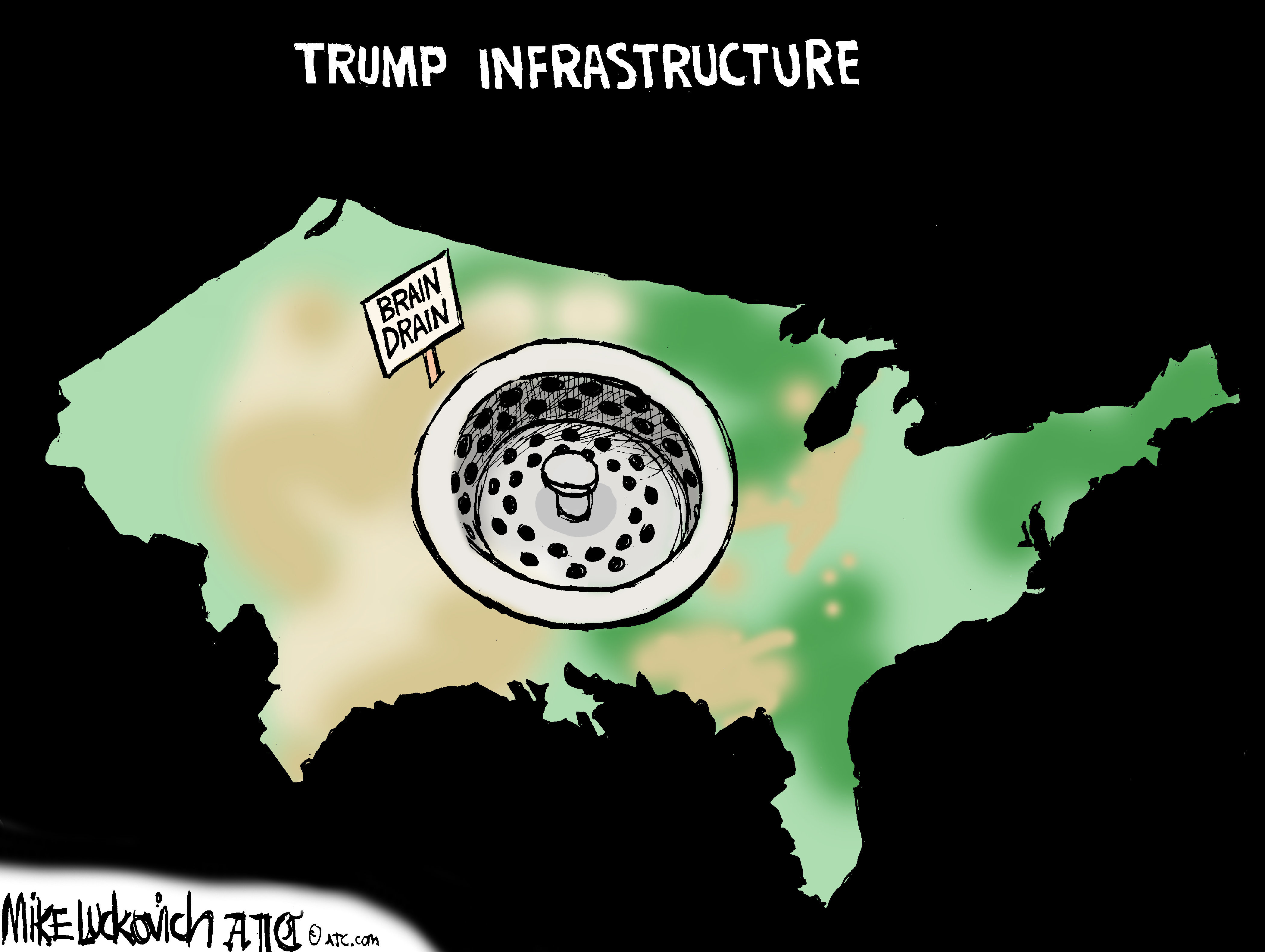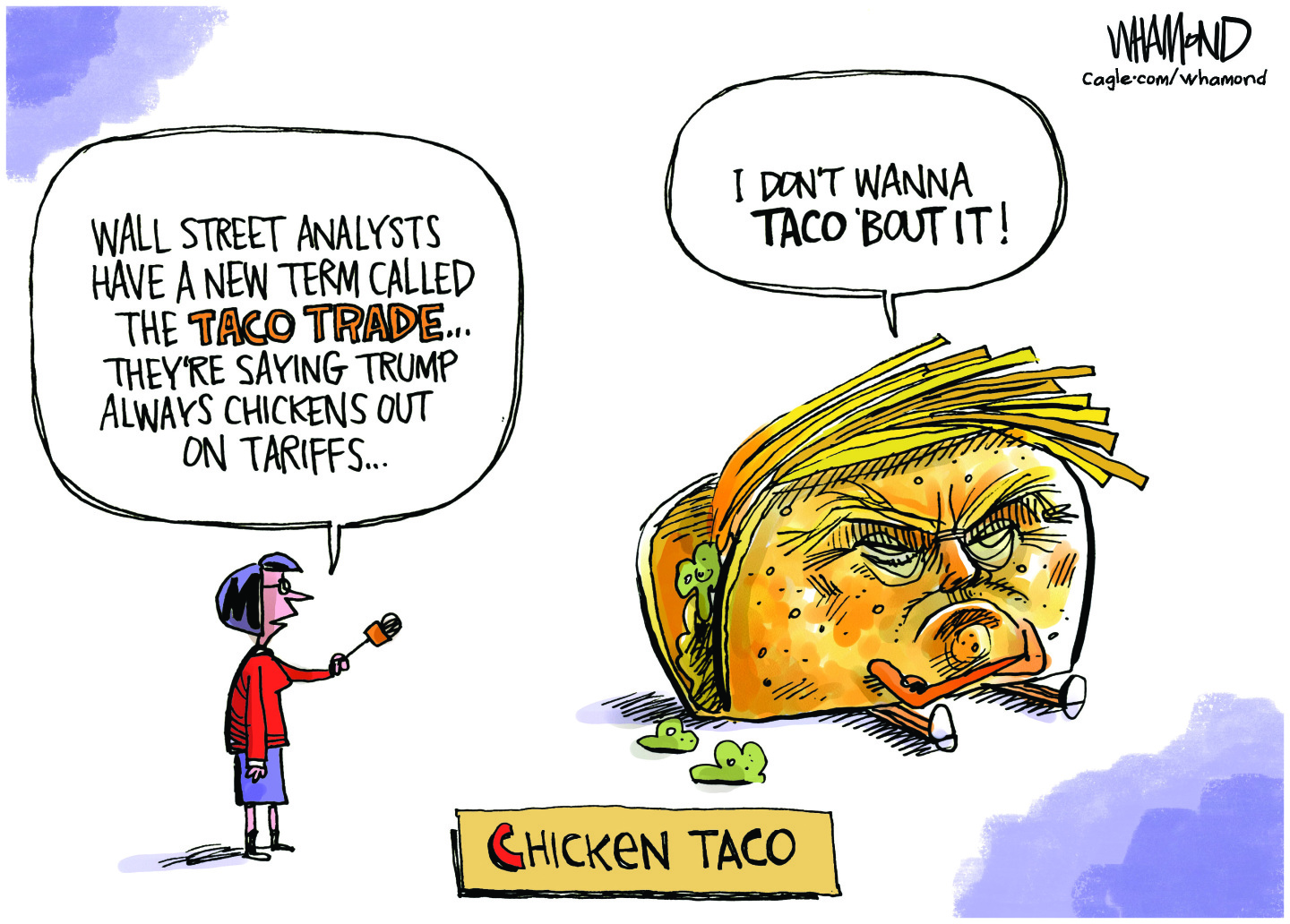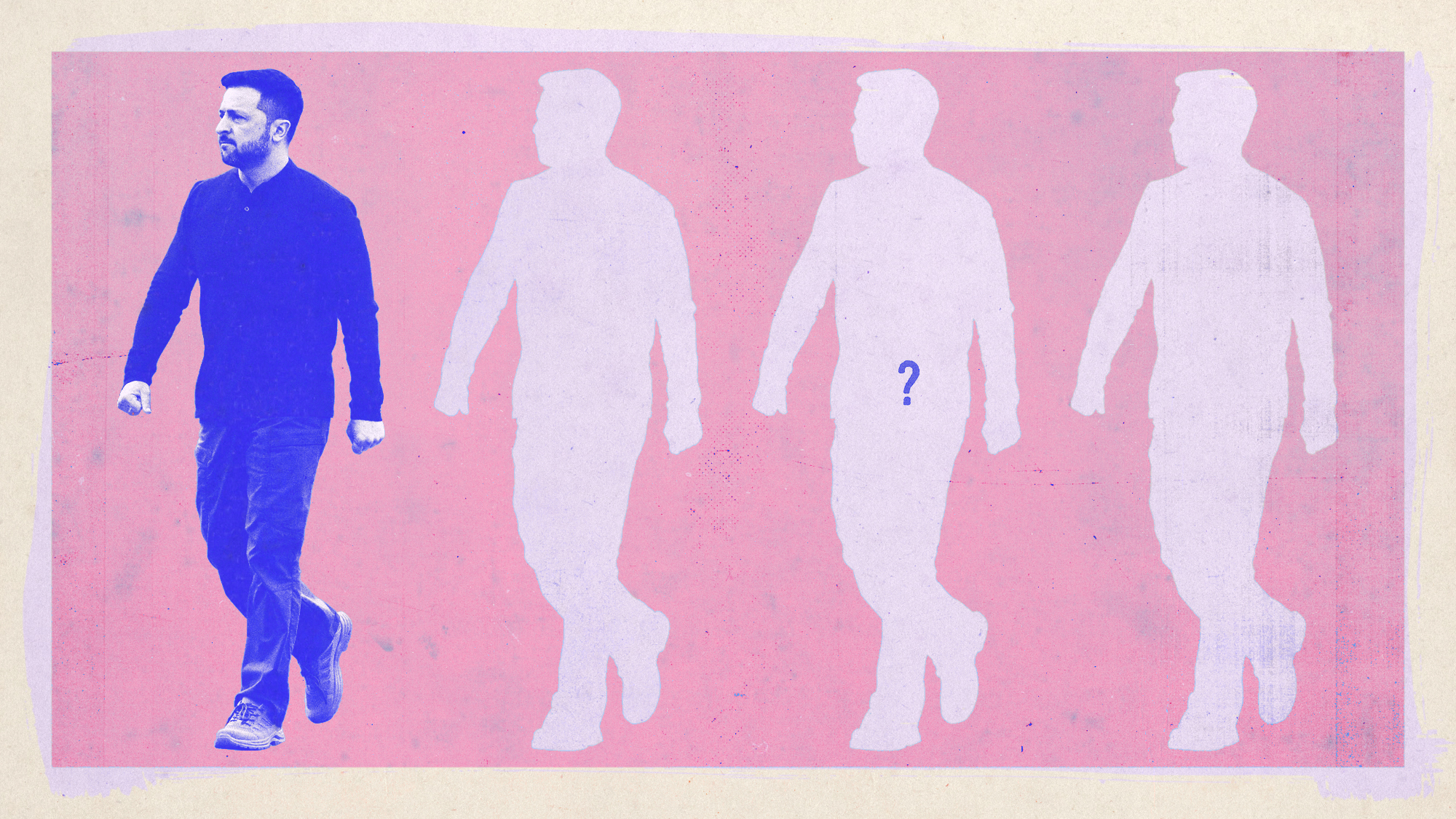Support for anti-EU parties ‘doubles in two decades’
Study finds there have been three major spikes since 1992

The vote share for anti-EU parties has more than doubled in two decades, according to research conducted by academic experts in populism.
The study found that since 1992, the first year in which there were free and fair elections in every country currently a member of the bloc, combined support for European far-right, far-left and other Eurosceptic parties has surged from 15% to almost 35%.
One of the researchers, Matthijs Rooduijn, a political scientist at the University of Amsterdam, said: “European leaders who support the EU integration process can absolutely not afford to sit back and be complacent. Eurosceptic parties are very much thriving and it is unlikely that this is going to change anytime soon.”
Subscribe to The Week
Escape your echo chamber. Get the facts behind the news, plus analysis from multiple perspectives.

Sign up for The Week's Free Newsletters
From our morning news briefing to a weekly Good News Newsletter, get the best of The Week delivered directly to your inbox.
From our morning news briefing to a weekly Good News Newsletter, get the best of The Week delivered directly to your inbox.
The study, published in The Guardian, says there were three spikes in support for Euroscepticism in the period it covered.
Anti-EU sentiment first started climbing in 2005, due to a sharp Eurosceptic turn taken by Poland’s Law and Justice (PiS) party. There was another major rise in 2010 when Hungary’s Fidesz – “the future of Europe” - went fully against European integration.
The third jump came in 2013, with the emergence of the Five Star Movement (M5S) in Italy, followed by the growth in popularity of Alternative fur Deutschland in Germany and Podemos in Spain.
Last month, Marine Le Pen warned the European Union that the eurosceptic movement is now “very powerful” and urged EU member states to join forces to “abandon” the failing union for a new form of independent “cooperation”.
However, several studies have shown that public opinion of the EU has, on average, become more positive in the last four years.
The Guardian says this trend reflects “mounting uncertainties caused by the upheaval of Britain’s Brexit vote and the election in the US of Donald Trump, who has made no secret of his hostility towards the EU”.
–––––––––––––––––––––––––––––––For a round-up of the most important stories from around the world - and a concise, refreshing and balanced take on the week’s news agenda - try The Week magazine. Get your first six issues for £6–––––––––––––––––––––––––––––––
Sign up for Today's Best Articles in your inbox
A free daily email with the biggest news stories of the day – and the best features from TheWeek.com
-
 June 1 editorial cartoons
June 1 editorial cartoonsCartoons Sunday's political cartoons include Donald Trump's golden comb-over, brain drain in America, and a new TACO presidential seal.
-
 5 cartoons about the TACO trade
5 cartoons about the TACO tradeCartoons Political cartoonists take on America's tariffs, Vladimir Putin waiting for taco Tuesday, and a new presidential seal
-
 A city of culture in the high Andes
A city of culture in the high AndesThe Week Recommends Cuenca is a must-visit for those keen to see the 'real Ecuador'
-
 On VE Day, is Europe alone once again?
On VE Day, is Europe alone once again?Today's Big Question Donald Trump's rebranding of commemoration as 'Victory Day for World War Two' underlines breakdown of post-war transatlantic alliance
-
 What happens if tensions between India and Pakistan boil over?
What happens if tensions between India and Pakistan boil over?TODAY'S BIG QUESTION As the two nuclear-armed neighbors rattle their sabers in the wake of a terrorist attack on the contested Kashmir region, experts worry that the worst might be yet to come
-
 Why Russia removed the Taliban's terrorist designation
Why Russia removed the Taliban's terrorist designationThe Explainer Russia had designated the Taliban as a terrorist group over 20 years ago
-
 Inside the Israel-Turkey geopolitical dance across Syria
Inside the Israel-Turkey geopolitical dance across SyriaTHE EXPLAINER As Syria struggles in the wake of the Assad regime's collapse, its neighbors are carefully coordinating to avoid potential military confrontations
-
 'Like a sound from hell': Serbia and sonic weapons
'Like a sound from hell': Serbia and sonic weaponsThe Explainer Half a million people sign petition alleging Serbian police used an illegal 'sound cannon' to disrupt anti-government protests
-
 The arrest of the Philippines' former president leaves the country's drug war in disarray
The arrest of the Philippines' former president leaves the country's drug war in disarrayIn the Spotlight Rodrigo Duterte was arrested by the ICC earlier this month
-
 Ukrainian election: who could replace Zelenskyy?
Ukrainian election: who could replace Zelenskyy?The Explainer Donald Trump's 'dictator' jibe raises pressure on Ukraine to the polls while the country is under martial law
-
 Why Serbian protesters set off smoke bombs in parliament
Why Serbian protesters set off smoke bombs in parliamentTHE EXPLAINER Ongoing anti-corruption protests erupted into full view this week as Serbian protesters threw the country's legislature into chaos